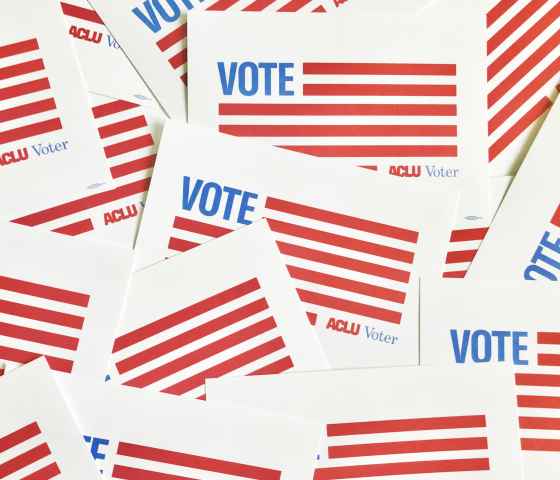Do you believe in using civilian oversight to ensure transparency and accountability for police practices, including the use of automated and surveillance technologies for law enforcement decision-making? How would you incorporate civilian oversight and ensure transparency in CPD’s use of automated and surveillance technology?
DOROTHY BROWN: |
 |
|
I believe in the power of predictive crime software and social media data mining for monitoring and predicting crime. Predictive analytic tools look at large volumes of data to find possible patterns of illegal or criminal activity and behavior. By forecasting where crime might occur, predictive analytical programs help CPD manage and deploy resources. When CPD has employed predictive analytical technology, the crime rate has gone down.
The objectives of social media data mining are to gain tips on crime and gather intelligence. There are some types of posts that should automatically flag the attention of CPD, such as posts about crimes in progress, live videos of crimes in progress and other posts left by criminals. Also, other online activities, including the use of certain phrases, can suggest that dangerous or criminal activity may occur. These activities are legitimate subjects for police surveillance.
I support the use of social media data mining to help fight and prevent crime. However, to ensure that CPD respects privacy and does not stigmatize entire communities through profiling, I will establish a Task Force on Electronic Privacy and Surveillance. The Task Force will work with law enforcement to establish standards on what data is collected, how and what the data is used for, and monitor whether algorithms are accurately and rigorously tested to meet specific crime prevention needs. The public will be made fully aware of the various technologies being utilized.
|
GERY CHICO: |
 |
|
As I noted above, transparency and accountability should always include civilian oversight that is removed from political retribution, and I will enact this oversight as mayor. |
BILL DALEY:
DID NOT RESPOND.
AMARA ENYIA: |
 |
|
Yes, I fully support using civilian oversight to ensure transparency and accountability for police practices. Participation, the primary driver of good governance, requires that all groups, with particular attention to the most marginalized, have direct and representative access to the systems of government. Citizens are competent in knowing what they need for a respectable quality of life. Civilian participation in public safety oversight manifests itself in the various forms, including but not limited to, funding and expanding community block clubs and providing more infrastructure for CAPs. |
BOB FIORETTI:
DID NOT RESPOND.
LA SHAWN FORD: |
 |
| I support an elected or otherwise civilian board to oversee the use of this technology. Given that we already have an excessive surveillance system, we should not expand that surveillance by making the data public because entities other than CPD have access. Doing so could violate citizens’ privacy. |
JERRY JOYCE:
DID NOT RESPOND.
JOHN KOZLAR: |
 |
|
For a civilian to have oversight, they must go through extensive training, similar to that of police professionals. I agree that both the community and police have to work together, to reduce the tension we have in our streets. I also feel that police should be allowed to do their job, and hold bad officers accountable when necessary. |
LORI LIGHTFOOT: |
 |
| I am on record as supporting civilian oversight of CPD, and I have come out in favor of many of the recommendations made by the Grassroots Alliance for Police Accountability. |
GARRY McCARTHY: |
 |
|
I am not a big believer in civilians having oversight of police practices especially in the use of sophisticated surveillance technology. I do believe that proper laws governing the use of automated and surveillance technologies is a must. Likewise, I’m convinced that proper training of officers, along with disciplined leadership will provide the trust and transparency necessary for the legal and ethical use of these enhanced technologies. |
SUSANA MENDOZA: |
 |
|
I will listen to the concerns of the community, including groups like the Grassroots Alliance for Police Accountability (GAPA), while ensuring that the mayor ultimately has strong accountability and responsibility for the actions of the city’s police department. I will negotiate a set of governance reforms that balances the need for a greater community role in police decision-making with the need to ensure law enforcement experts are able to develop strategies to reduce crime. |
TONI PRECKWINKLE: |
 |
| I support a civilian oversight body and would work to implement one, if elected. This would ensure transparency and accountability are key factors in the use of surveillance technologies and that actions taken by law enforcement are in the interest of public safety. Review could be under the authority of whatever civilian oversight body is created. The administration could ensure public notice and an opportunity to be heard prior to installation of new cameras. |
NEAL SALES-GRIFFIN:
DID NOT RESPOND.
PAUL VALLAS: |
 |
| I support a hybrid police board, a board in which the majority of its members are appointed by the mayor and are appointed based on their public safety expertise, but I also believe that the board should have representation from the community, individuals who are chosen by the community. This will ensure that police oversight will have both expertise and transparency. |
WILLIE WILSON:
DID NOT RESPOND.
